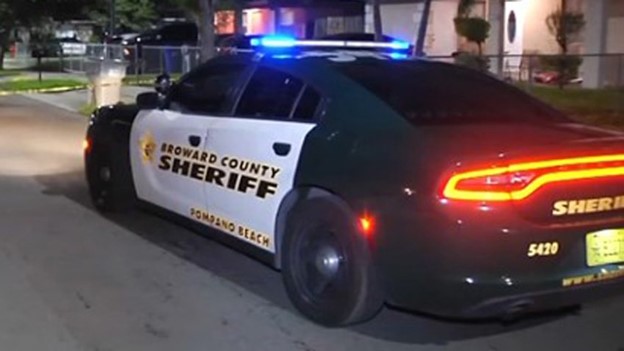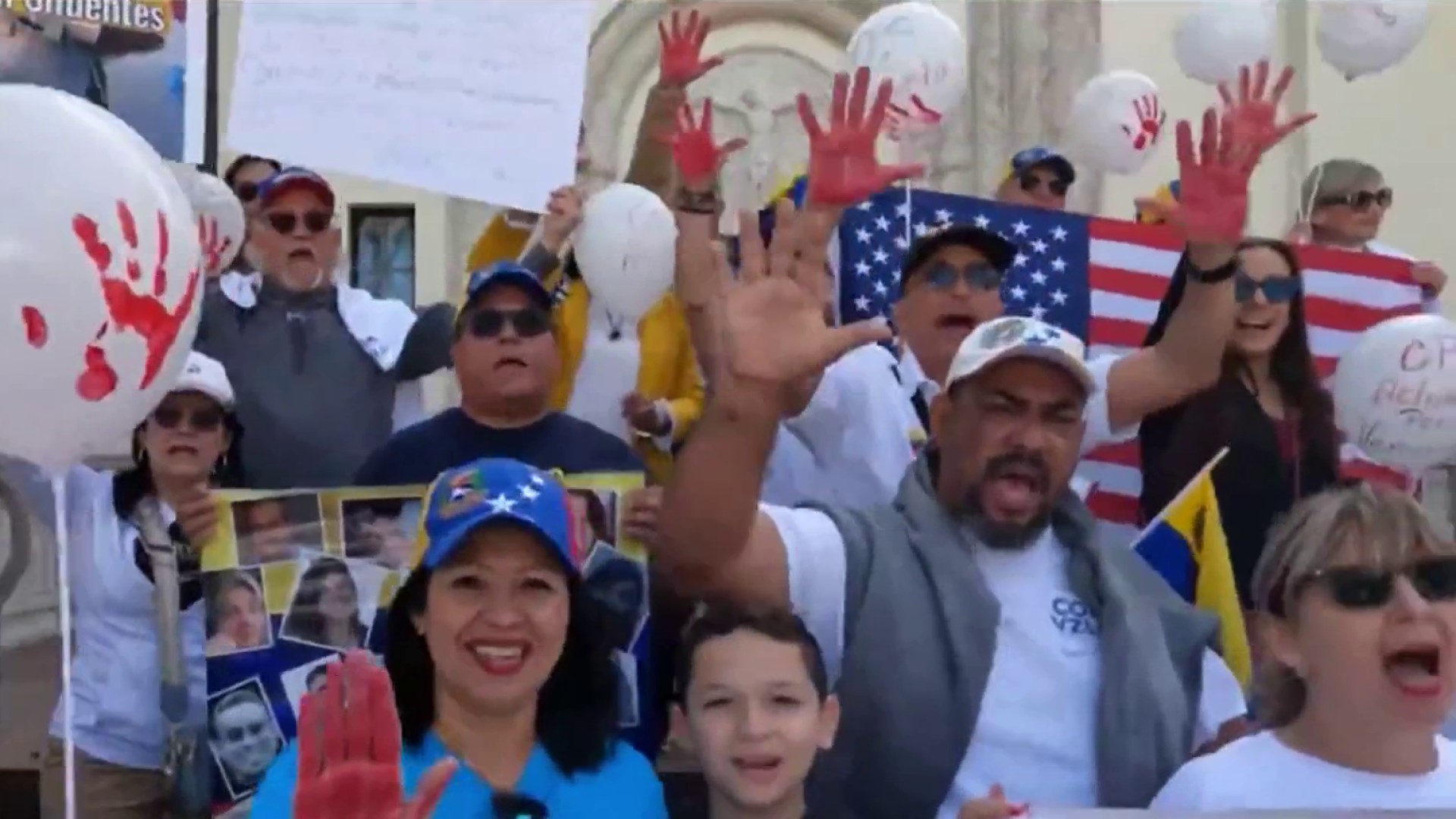Wednesday marks three decades since Hurricane Andrew made its devastating landfall in South Florida. On Tuesday, state and local leaders looked back on what happened and how they can better protect residents in the future.
On the morning of August 24, 1992, residents of South Florida never could have imagined that their lives would change forever. With sustained winds of 165 miles per hour and destructive power never before seen in our area, Hurricane Andrew hit Miami-Dade County as a Category 5 hurricane.
Watch NBC6 free wherever you are
“While much of the storm’s effects were felt for years to come, especially here in south Miami-Dade, Hurricane Andrew forever changed the way we look at building codes, disaster preparation and safety,” Miami-Dade County Mayor Daniella Levine Cava said.
A total of 44 people lost their lives in Florida that day. Some 82,000 businesses and 150,000 homes were destroyed or damaged, as Andrew's devastation left losses valued at over $25 billion.
Get local news you need to know to start your day with NBC 6's News Headlines newsletter.
An estimated 250,000 people were left homeless, and about 100,000 residents left South Florida.
“Our dedication to ensuring that this level of destruction will never happen again has been something that I think has made our state a national leader in the field of emergency management,” Florida Lt. Gov. and Miami native Jeannette Nuñez said.
Homestead lost an estimated $200 million when the Air Force Base located in the city reopened years later with half the staff that was stationed prior to the storm. The MLB’s Cleveland franchise, scheduled to move their Spring Training to the city prior to the storm, ended up moving to Winter Haven despite the city rebuilding their sports complex.
Local
Andrew also influenced Broward County as well, as residents from South Miami-Dade took insurance money from the storms and moved their families north, settling in cities such as Coral Springs, Weston and Plantation among others.
Emergency managers also used the event to call attention to a sobering fact: a relatively quiet 2022 Atlantic season so far is no guarantee that South Florida will be without a hurricane this year.
“I remind everybody, 30 years ago tomorrow that was the A-storm for the season that was our first named storm in August,” Florida Division of Emergency Management director Kevin Guthrie said.



